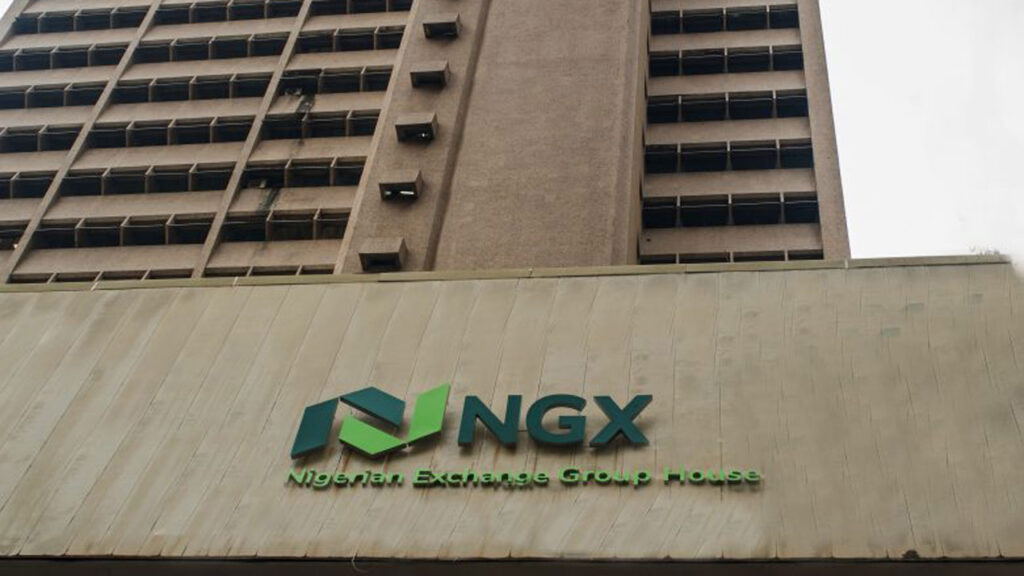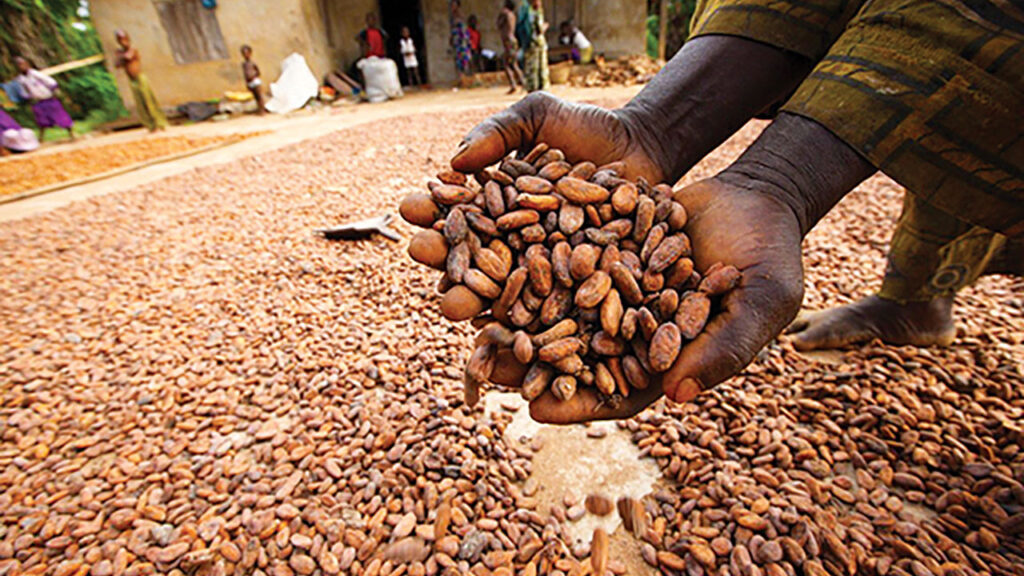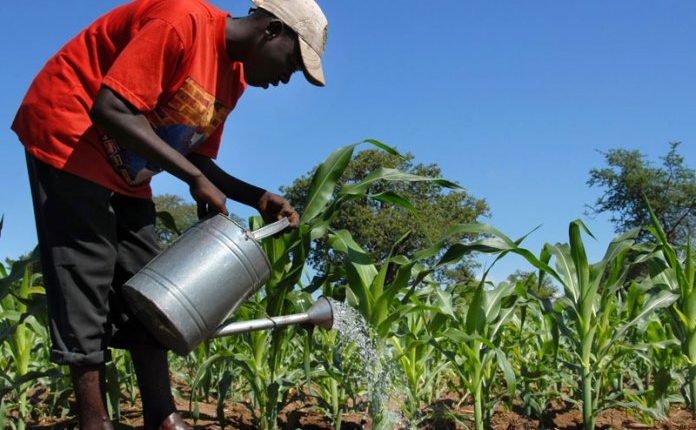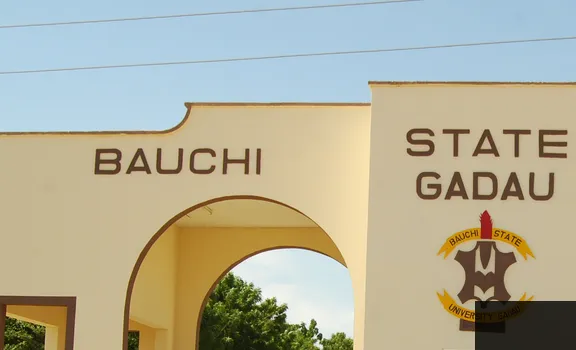
The Nigerian Financial Intelligence Unit (NFIU) said the increasing rate of poverty and the attendant hardship ravaging the West African sub-region can be attributed to the activities of terrorist activities.
Muhammed Jiya, an executive of NFIU, in his address at the opening of a workshop on the Development of the Countering the Financing of Terrorism Curriculum/Training Modules for Capacity Building under the ECOWAS Counter Terrorism Action Plan 2020-2024 in Abuja, said terrorism in West Africa has been a significant security challenge for several years.
He named some of the groups to include Boko Haram, Islamic State West Africa Province (ISWAP), Al-Qaeda in the Islamic Maghreb (AQIM), Ansaroul Islam and Jama’at Nasr al-Islam wal Muslimin (JNIM).
“The activities of these terrorist groups have had devastating consequences for the affected countries, leading to loss of lives, displacement of populations, economic hardships and exacerbation of existing social tensions,” he said.
Jiya said among the top 10 countries on the Global Terrorism Index (GTI), there are four West African countries.
“Efforts to counter terrorism in West Africa involve both military operations and initiatives aimed at addressing the underlying factors driving radicalisation and recruitment into extremist groups,” he said.
He added: “Regional cooperation, intelligence-sharing, and capacity-building efforts are also crucial in addressing the transnational nature of the threat posed by terrorism in West Africa.
“That is why the development of the CFT curriculum/training modules for capacity building becomes critical.
“This workshop stands as a testament to our collective commitment to learning, growth, and innovation. As we embark on this journey together, we should strive not to just be passive attendees, but active participants in a dynamic exchange of ideas, knowledge, and expertise.”
Also speaking the Director-General of GIABA, Edwin Harris Jr. said Money laundering and the financing of terrorism continued to adversely impact the socio-economic development, peace, and security of ECOWAS member states and beyond.
“In the last decade, the ECOWAS community has experienced an increasing level of terrorism, radicalisation, and violent extremisms at an alarming rate,” he said.
He called on the experts attending the workshop to give priority to the judiciary in the development of the training modules.













